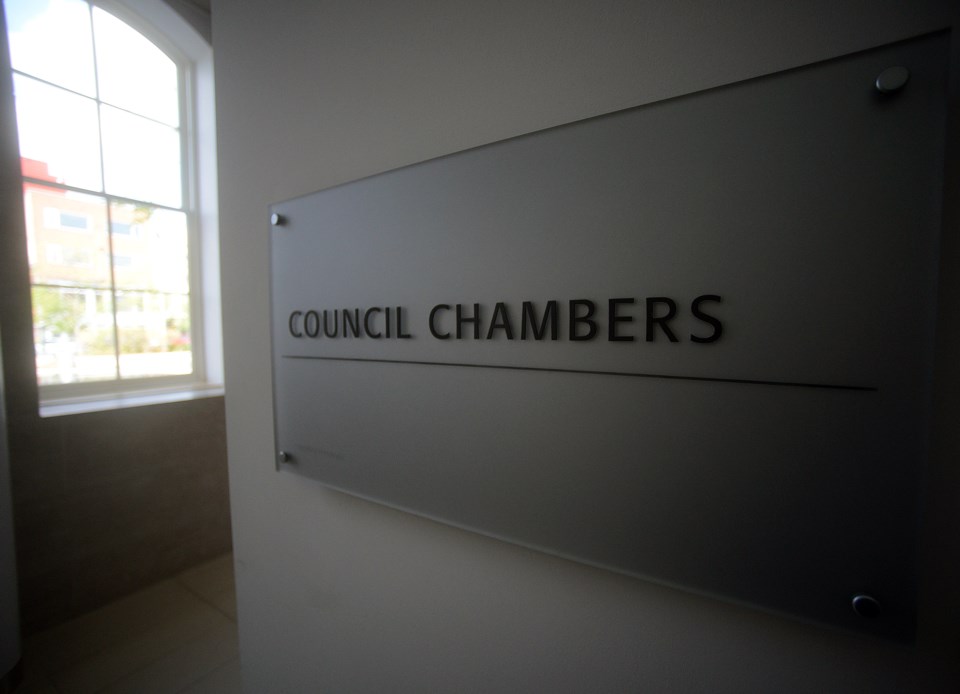How many of you felt a stinging pain in your left arm when you heard that the City Council Remuneration and Support Advisory Committee is recommending to nearly double the annual salary for city councillors?
Let me preface the following diatribe by saying that too many of us are obsessed with how much people in government make. No matter who’s working in city hall and what they do, the masses always think they're lazy, entitled and overcompensated, which is a weird flex. I mean, do we really expect the people who administer our city, and its services, to work for free?
Having said that, the debate about the proposed pay increase is likely to be vicious, but the fault lies not in the committee, but in city council itself for acting with such limited vision throughout the ward boundary review and council composition process.
From the first council meeting in the fall of 2020, when council hedged on adapting the Watson & Associates recommendation of having eight full-time councillors, one for each of the eight new wards, this process has been tainted by a majority of councillors who have refused to accept the truth: Guelph isn’t just the urban core for a bunch of surrounding farm communities anymore.
Unwilling, and perhaps afraid, to act, council sent the question about the number of councillors back to the consultants in flagrant disregard of the process. You see, instead of getting council’s approval of the number of councillors and then drawing the new ward boundaries accordingly, the consultants had to create multiple options for the maps and the number of councillors to represent those new wards.
When the time came for council to finally make the decision, they chickened out and did what a very vocal minority wanted them to do and left council almost exactly as it is right now but with some slightly adjusted borders.
The last question left to answer is the one council dequeued to the Remuneration and Support Advisory Committee last summer, and that question is whether being a city councillor is a full-time or a part-time job?
The problem last June was that council knew the answer they wanted, but they didn’t want to formalize it. Inherent in approving two councillors for one ward is the belief that being a city councillor is a part-time gig because why else do you need two people to do the same job?
Still, the result of the committee work was that being a councillor should now be a full-time job. It’s worth noting though that when you read the full report there are alternative options to leave councillors as part-time albeit with a pay bump, but there’s no running from this decision anymore.
Now, every councillor that voted in favour of the new/old structure needs to ask themselves a question: Why does everyone we’re engaging for advice on this matter keep telling us that being a city councillor is a full-time job?
Well, there is the increasing weight of expectations.
The problems facing Guelph are multifaceted and cover a wide variety of different issues from housing, food security, economic support, climate change, transportation, and corporate financing. That’s not an exhaustive list, and it doesn’t address the differences in scale. A city councillor not only has to deal with potholes, but with responding to a global pandemic too.
And that’s just what happens inside the council meeting space, which actually requires hours of investment beyond the time from when a meeting begins and when a meeting ends. A 200-page meeting agenda brief doesn’t read itself, and it doesn’t often read easily.
You might also be invested in getting a timely response from a councillor to your email or phone message. Dealing with constituency matters is the biggest portion of the job, but it’s also the least promoted. Joe’s problems might not matter very much to Jane, and vice versa, but your councillor has to deal with them both in a timely manner and to the satisfaction of the constituent.
On top of that, your councillor has to be seen at community events, the opening of local businesses, or be available for direct engagement with residents at the mall, or the corner coffee shop. Some weeks are busier than others, of course, which is why this number going around of councillors working an average of 20 hours per week must be read with an asterisk. Sometimes it’s 20, but sometimes it’s more like 60.
So should city councillors be paid at a full-time rate?
If city council accepts that their work should now be compensated at a full-time rate it’s a tacit admission that they screwed up last year when they were convinced that two part-timers per ward were enough. If they go part-time though, they’re once again throwing away advice carefully and logically arrived at because change is bad, or something.
No one reasonable thinks that our government should work for free, but the government should know how much they’re working and what that’s worth. Does Guelph city council?
